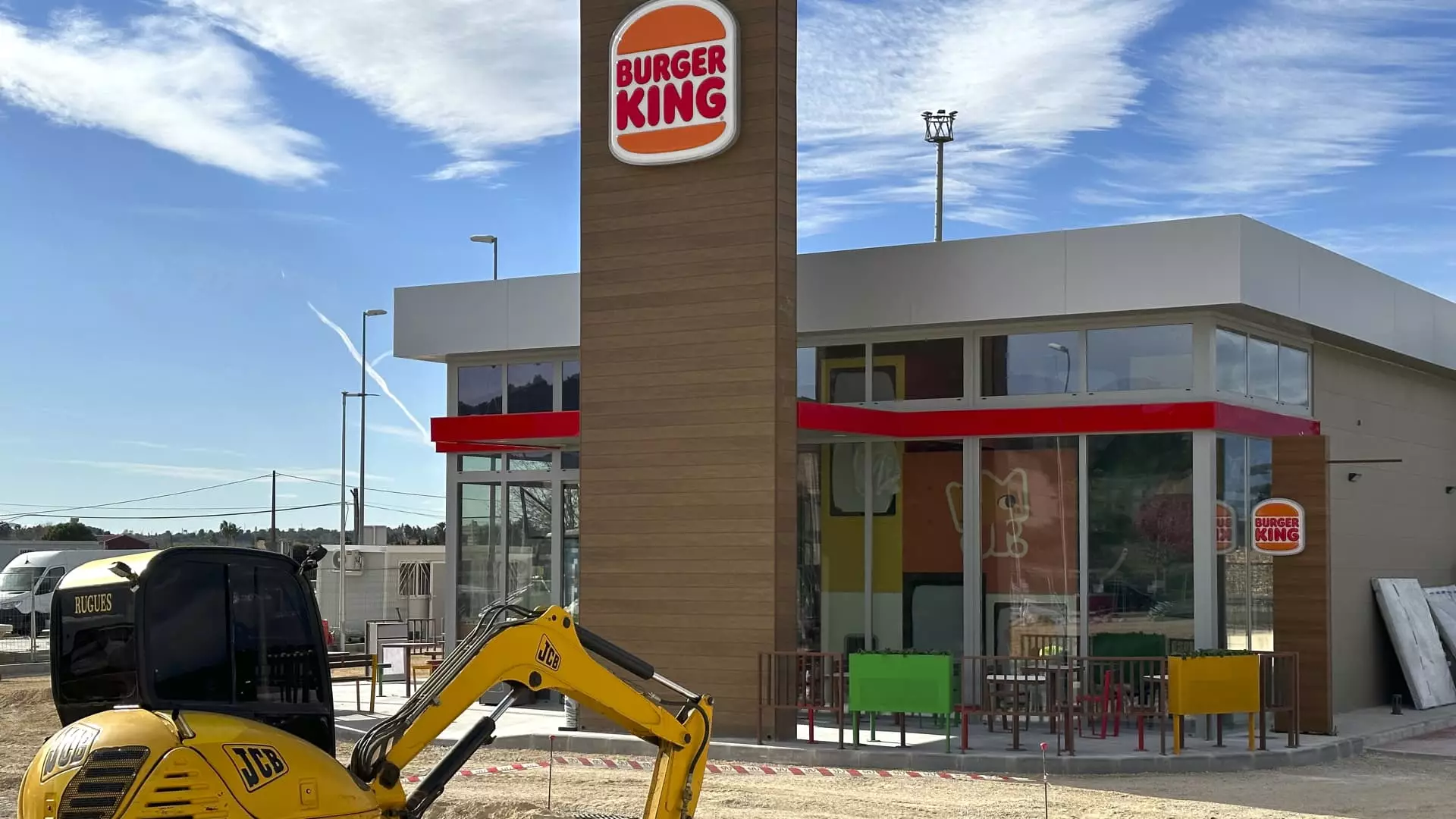Restaurant Brands International (RBI), the parent company of notable chains like Burger King, Tim Hortons, and Popeyes, experienced a turbulent third quarter as it released financial results on Tuesday that fell short of analyst expectations. The company reported an adjusted earnings per share of 93 cents, which is below the 95 cents projected by analysts. Furthermore, its revenue of $2.29 billion also missed forecasts of $2.31 billion. This disappointing performance prompted a downtrend of approximately 2% in its stock during early trading hours following the announcement.
The company’s overall same-store sales demonstrated a modest growth of just 0.3%. In an era where consumers are increasingly sensitive to price and quality, the report indicated that all four principal chains under RBI—Burger King, Firehouse Subs, Popeyes, and Tim Hortons—struggled to meet the robust sales expectations set by Wall Street. Consequently, these results have raised concerns regarding the company’s market strategies and consumer engagement.
Particularly troubling was Burger King’s performance, which recorded a same-store sales decline of 0.7%, contrary to analysts’ estimates that suggested no change. CEO Josh Kobza acknowledged this struggle but emphasized that there has been a promising shift in trends as the company moved into the fourth quarter. In October, RBI reported low single-digit growth in same-store sales. This optimistic note came as Kobza attributed sales improvement to effective marketing strategies and a notable rebound in consumer sentiment. Factors such as falling gas prices and moderating inflation were also highlighted as contributors to this recovery.
On the other hand, Popeyes faced an even steeper same-store sales decline of 4%, sharply missing expectations of a slight gain. The fast-food chain has initiated several value-driven promotions, including a three-piece chicken meal for $5, aimed at drawing customers. Kobza expressed optimism about these offers helping to improve sales metrics. Such promotions are critical as competitors engage in aggressive pricing strategies to attract the financially cautious consumer.
Among the various chains, Tim Hortons emerged as the top performer, reporting 2.3% growth in same-store sales. However, this too fell short of the anticipated 4.1%. The coffee chain has been actively working on enhancing service efficiency, which contributed to its positive traffic, but it remains clear that improvements are necessary to meet market expectations fully.
Reflections on consumer behavior reveal a trend of diminishing spending at eateries, a concern echoed by Kobza during the earnings call. As consumers adjust to economic fluctuations, notably in the wake of rising interest rates and inflationary pressures, the industry is witnessing intensified competition around value offerings—a crucial battleground for restaurant brands.
In light of these results, Restaurant Brands International has adjusted its full-year system-wide sales growth forecast, now projecting a range of 5% to 5.5%, down from the prior estimate of 5.5% to 6%. This revision reflects a cautious approach as the company recalibrates its strategies in a dynamic fast-food environment marked by shifting consumer preferences.
Despite the recent setbacks, there remains a sense of cautious optimism regarding RBI’s long-term prospects. The investments made through acquisitions, especially in Burger King’s U.S. franchises and Popeyes operations in China, positioned the company favorably in the long run. As it navigates through these challenges, the emphasis will be on leveraging data-driven insights to fine-tune marketing initiatives and adapt to consumer needs effectively.
While Restaurant Brands International continues to grapple with performance challenges, its proactive strategies and emerging improvements signal potential for recovery amid a competitive landscape. Addressing these hurdles through innovation and value enhancements will be crucial for reclaiming and bolstering investor confidence.

